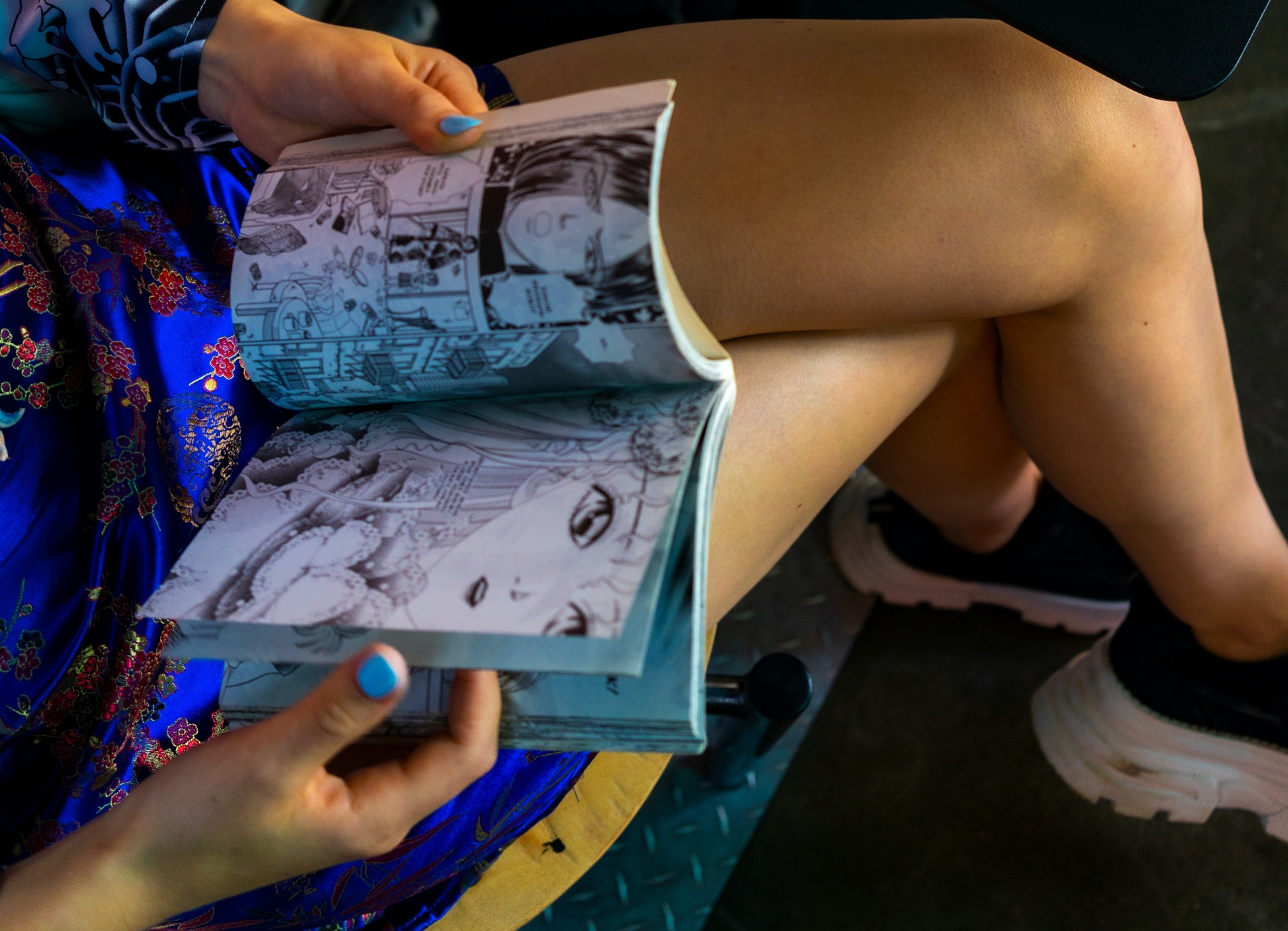
How to Solve a Problem Like Online Comics Piracy
Kakao and INKR are trying to change the way Southeast Asians are reading manga online
By Philbert Dy
September 01, 2021
Historically, the only thing that seems to have really help curb online piracy is the growing availability of legitimate platforms giving consumers convenient access to the content that they want for a price. Spotify and Netflix seem to have done more to lower traffic to torrent sites than the various ads telling people that piracy is stealing, and stealing is a crime. Over at The Ken, Li Mei Foong writes about two companies trying to apply that same approach to another heavily pirated medium: manga.
“Much of Southeast Asia’s comic consumption, especially manga, is via ‘scanlations’—a portmanteau referring to the unauthorised scanning and translation of published comics by fans. These scanlations can be read for free online on pirated platforms.
Southeast Asia’s digital preference for comics is, thereby, ripe for capitalisation. More than half of the region’s 600 million population is under 30 years old —the most voracious age group for webtoons. In June, Kakao Webtoon, the digital comic business of South Korean internet giant Kakao Corp, launched a localised platform in Thailand. It already operates in Indonesia, where Kakao had acquired game publishing and webtoon service company Neobazar for US$12.2 Million in 2018.”
While Kakao is a social media giant expanding into the comics space, Singapore-based INKR is founded entirely on the experience of reading comics online. And their expertise in this space has surprising origins: their brain trust used to run Manga Rock, a pirate manga site. Li talked to Stu Levy, founder and CEO of TOKYOPOP, and details the pirates’ journey to legitimacy:
“In early 2018, Levy contacted the Manga Rock founders and flew to Vietnam to meet them. “I was very impressed by their professionalism and dedication to building a top-tier platform, with robust technology. They didn’t want to be pirates—they just didn’t know how to license content,” he said.”
Both INKR and Kakao face the challenge of localization: translating these Japanese and Korean works into the languages spoken by the diverse populations of Southeast Asia. The feature goes deep into INKR’s process, which involves using AI to quickly deliver a translated product.
Filipinos are avid manga and manhua readers as well, and are probably going to be a factor in these companies’ attempt to shift the culture around reading localized manga. We already speak English here, and if localization efforts can expand to manga being translated into the various Filipino languages, it could go a long way in getting Filipinos to buy into these legitimate services.
Read the full feature: The missing pages from Kakao, INKR’s digital comics chapter in SE Asia



